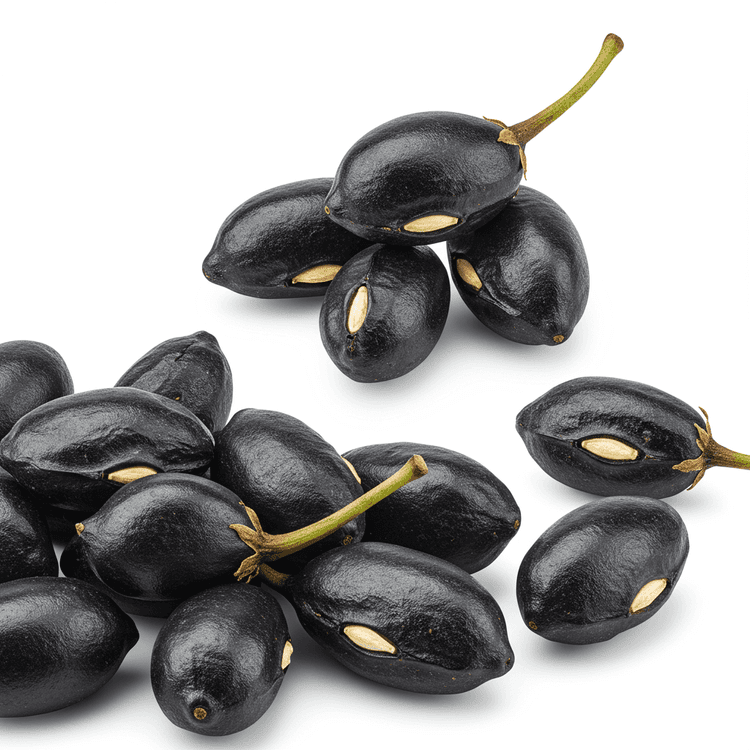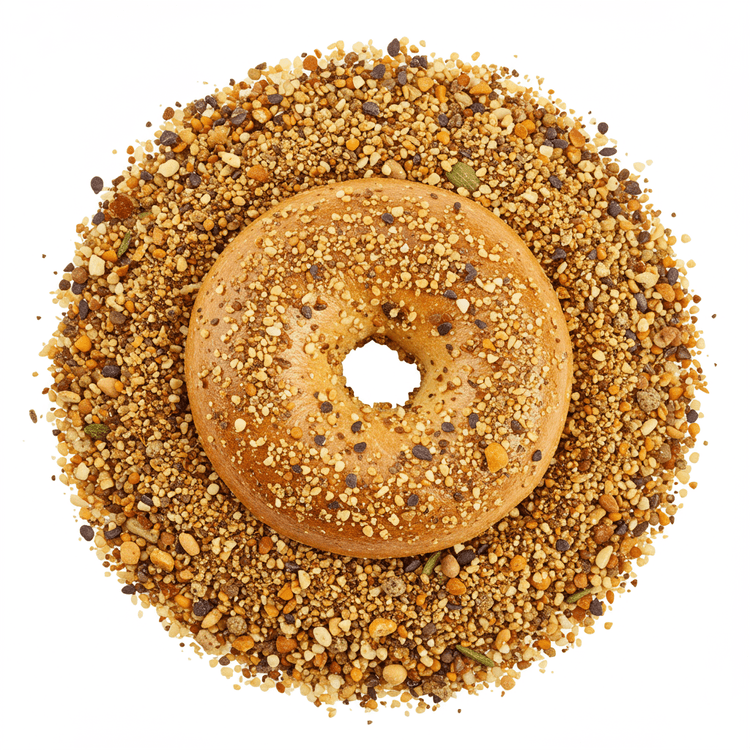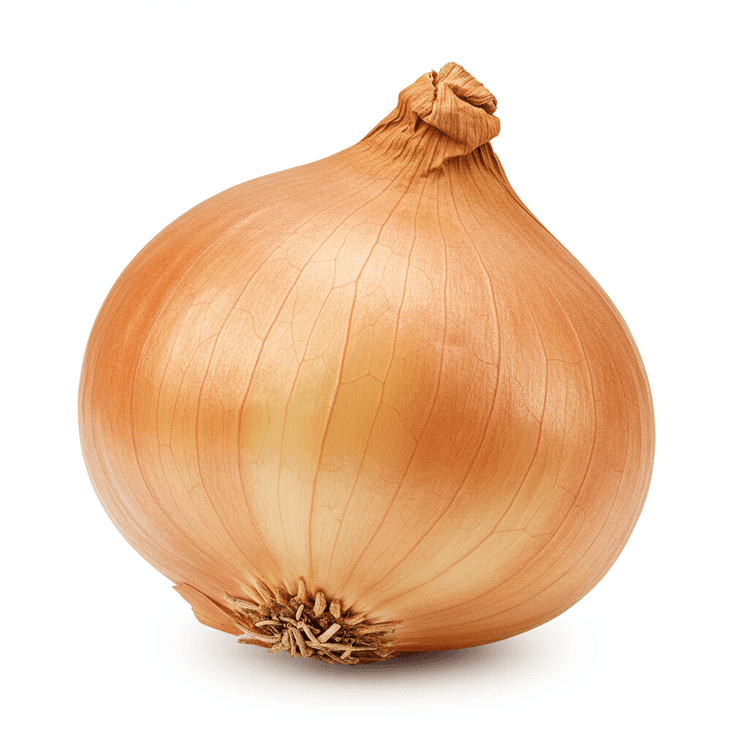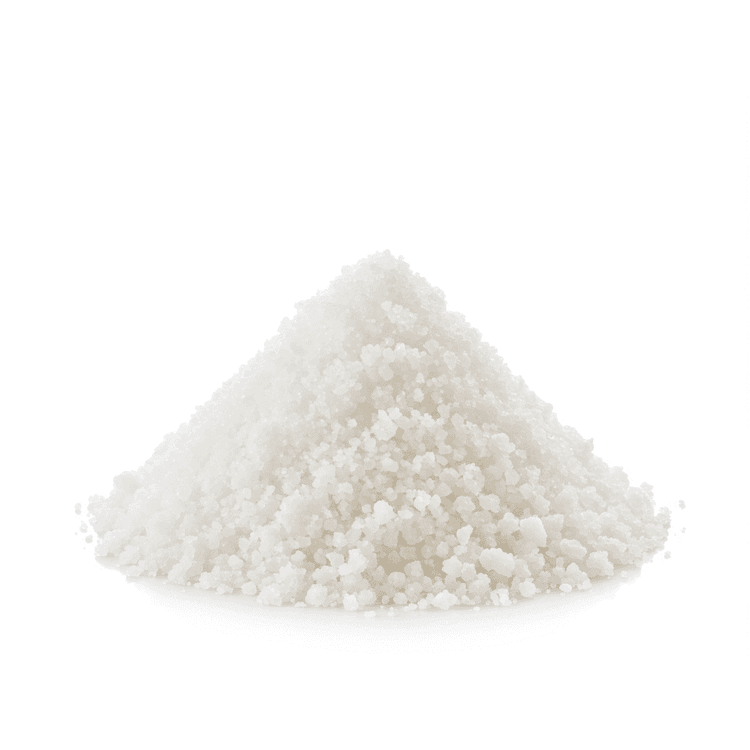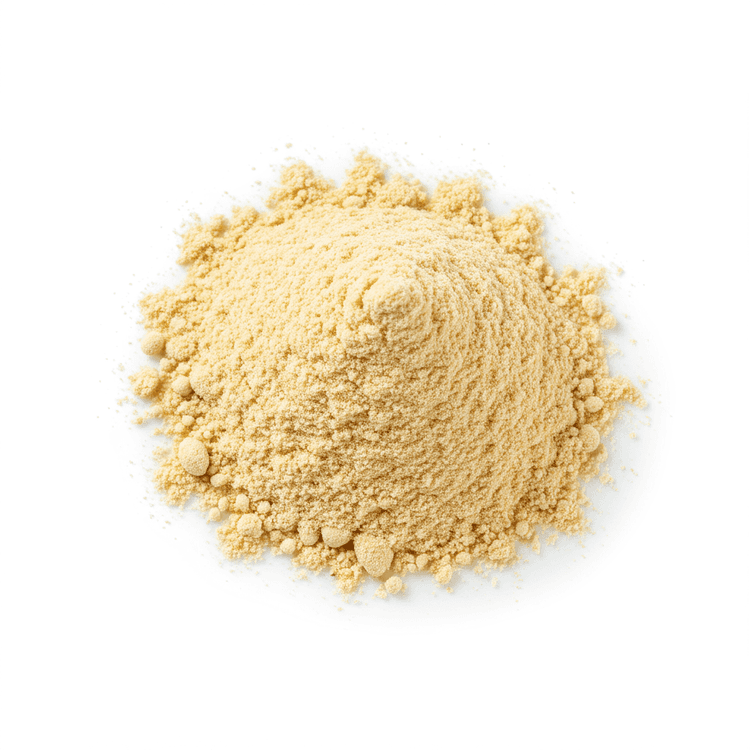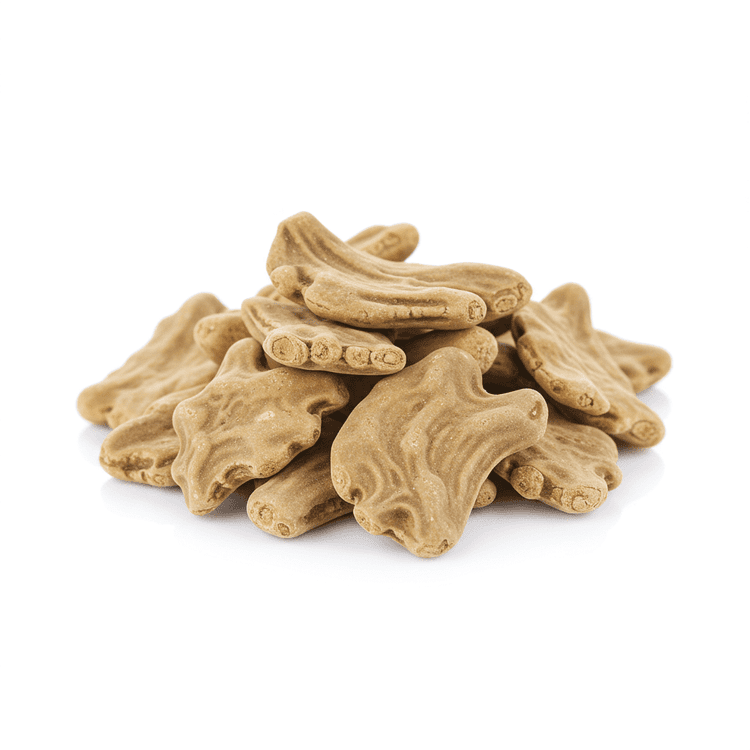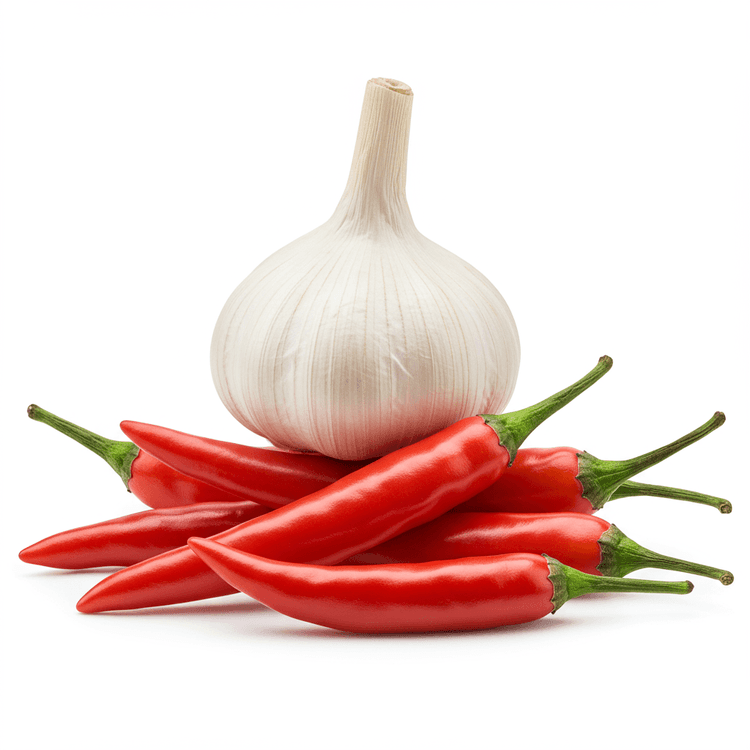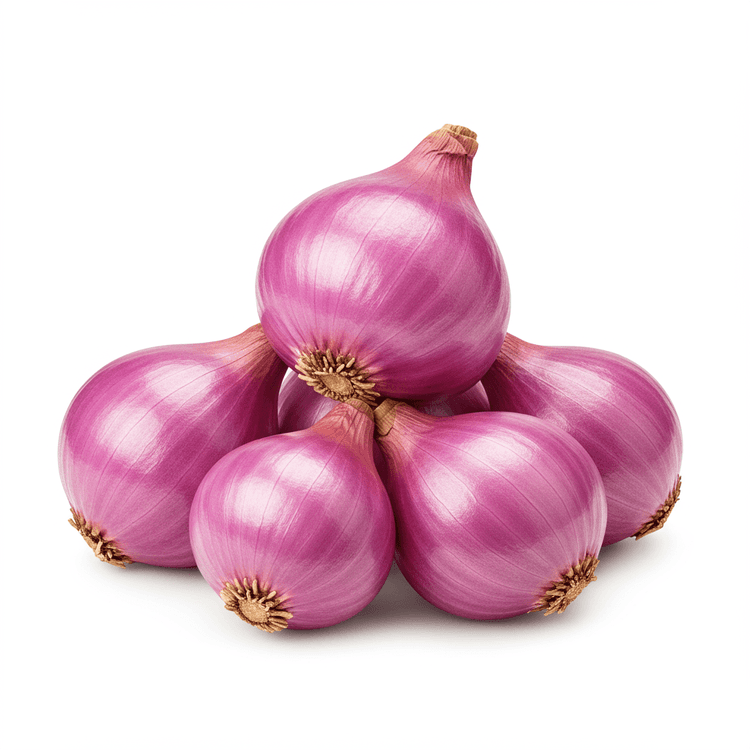
Onion
The onion, a culinary staple, is a bulb-shaped vegetable known for its pungent aroma and sharp, savory flavor. With layers of papery skin, ranging from white and yellow to red and purple, onions offer a distinct taste that mellows and sweetens when cooked. Its crisp texture transforms into a tender and often translucent state when sautéed or roasted, making it an indispensable ingredient for adding depth and complexity to countless dishes. Looking for a versatile ingredient that enhances flavor in everything from soups and stews to stir-fries and salads? The humble onion delivers.
Common Uses
- Onions form the aromatic base for countless savory dishes. Sautéing diced onions in butter or oil creates a flavorful foundation for soups, stews, sauces, and braises. Looking to build layers of flavor and depth? Start with onions.
- Caramelized onions offer a sweet and savory topping for burgers, pizzas, and sandwiches. Slowly cooking thinly sliced onions over low heat until they are deeply browned and sweet brings out their natural sugars, adding a rich and complex flavor. Want to elevate a simple dish? Caramelized onions are the answer.
- Roasted onions provide a sweet and mellow addition to roasted vegetable medleys. Quartered or halved onions roasted alongside other vegetables like carrots, potatoes, and Brussels sprouts create a harmonious blend of flavors and textures. Craving a hearty and satisfying side dish? Roast some onions.
- Raw onions add a sharp and pungent bite to salads, salsas, and sandwiches. Finely chopped raw onions provide a contrasting flavor element, cutting through richness and adding a refreshing zing. Need a flavor boost in your fresh dishes? Consider raw onions.
- Onion rings provide a classic crispy, fried appetizer or side dish. Sliced into rings, battered, and deep-fried until golden brown and crunchy, they are a universally loved treat. Preparing a crowd-pleasing snack? Onion rings will be the hit of the party.
Nutrition (per serving)
Nutrition (per serving)
Calories
40.0kcal (2%)
Protein
1.1g (2.2%)
Carbs
9.3g (3.38%)
Sugars
4.2g (8.4%)
Healthy Fat
0.0g
Unhealthy Fat
0.0g
% Daily Value based on a 2000 calorie diet
Nutrition (per serving)
Calories
40.0kcal (2%)
Protein
1.1g (2.2%)
Carbs
9.3g (3.38%)
Sugars
4.2g (8.4%)
Healthy Fat
0.0g
Unhealthy Fat
0.0g
% Daily Value based on a 2000 calorie diet
Health Benefits
- May support heart health through antioxidants and anti-inflammatory compounds.
- Rich in vitamin C, boosting the immune system and promoting skin health.
- Contains prebiotics that may improve gut health and digestion.
- Source of quercetin, an antioxidant with potential anti-cancer properties.
- May help regulate blood sugar levels due to its chromium content.
- Low in calories and fat, making it a healthy addition to any diet.
Substitutes
Chefadora AI is here.
Experience smarter, stress-free cooking.
Storage Tips
Store onions in a cool, dry, and dark place with good ventilation to prevent sprouting and rotting. Whole, unpeeled onions should be kept at room temperature, away from direct sunlight and heat. Avoid storing them near potatoes, as both release gases that can cause the other to spoil faster. Once cut, wrap tightly in plastic wrap or store in an airtight container in the refrigerator and use within 7-10 days. Cooked onions can be stored in the refrigerator for 3-5 days.
Marnirni-apinthi Building, Lot Fourteen,
North Terrace, Adelaide, South Australia, 5000
Australia

